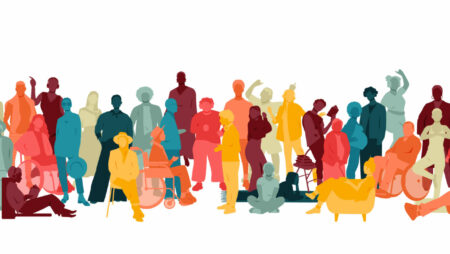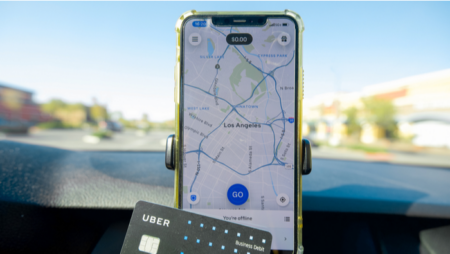
The Digital Good Network
The Digital Good Network (DGN) delivers an interdisciplinary, social science-led research programme centred on the urgent, neglected question of what the digital good should look like and how it can be achieved.

The Digital Good Network (DGN) delivers an interdisciplinary, social science-led research programme centred on the urgent, neglected question of what the digital good should look like and how it can be achieved.

This programme supports research in the sphere of AI & Work.

This programme supports research on AI, Government and Policy.

Media narratives on migration are perceived to have a significant impact on policy decisions and public attitudes toward migration. The project applies tools and methods to enable practitioners to make more effective policy decisions.

This project aims to reveal the determinants of success in entrepreneurship, startups and innovation ecosystems using data science and qualitative research methods.

This project seeks to understand how citizens listen and speak to public institutions, and how alternative AI-based models and framing might encourage democratic communication.

This project analyses Sweden's depiction online and in news media by foreign radical groups and how these depictions, in turn gains visibility in Swedish media

The emergence of AI image generation tools raises questions about their impact on creative professionals. This project seeks to work with professional photographers to explore the impact of this technology on their occupational legitimacy.

This programme addresses the assumptions that the overall mental well-being of young people is undergoing a pronounced period of decline and that digital technologies might be driving this trend.

This project explores how the analysis of online generated labour market data can help us understand the relevance of new skills and sustainability of novel occupations.

This project will examine how the growth of gig work in the United States can contribute to growing inequalities, and develop a framework for understanding best practice for fairer work standards.

This project asks how laws and regulations can be improved to promote the effectiveness of human oversight in automated decision-making and better protect people from harm.